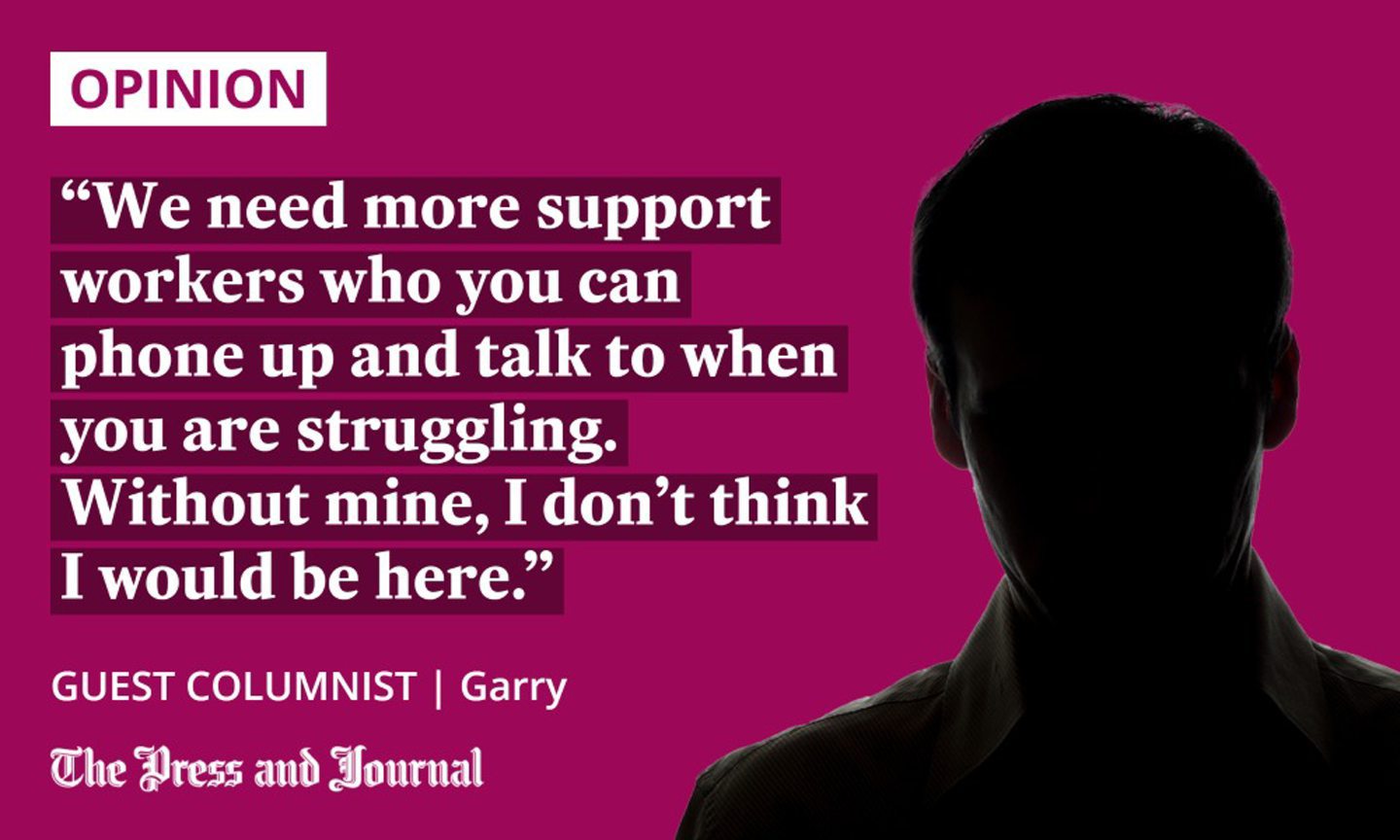I was diagnosed with Hepatitis C around 2013.
I hadn’t been feeling well and I was living a chaotic lifestyle, using drugs and constantly in and out of hospital.
I was basically told I had Hepatitis C and that it would affect my liver, then sent out the door – there was no information or help about what to do next. It felt very hush-hush and stigmatising. It was horrendous; I felt down and depressed.

When I was diagnosed, a lot of stuff came up about the lifestyle I was leading and what I was putting on my family. You think: “I’m going to die anyway”, so you turn to drink and drugs.
I knew others who had Hepatitis C, we were in similar circles, and we all felt stigmatised against. There were a lot of myths about the virus – people said things like: “Don’t use the same toilet or toothbrush as someone with it.” People would cross the road to get away from you. They hear the phrase “blood borne virus” (BBV) and only focus on the word virus, so they think they can catch it from you.
I tried to end my life because I thought I was going to die anyway. Nobody told me that I could get treatment and live a full life.
Lack of information leads to stigma
I have been through treatment three times. I was also put on methadone, which makes you feel horrible, and then started on Buvidal injections, which helped me to think more clearly.
I am clean from drugs and alcohol and could not have done it without the help of my support worker from Waverley Care. I’m so much healthier, I eat better, and I don’t have a sore back all the time.
My support worker has done so much for me, helping me with food, gas and electricity. I also had to go through an alcohol detox and, if it wasn’t for them, I would have just gone back to drinking.
There is not enough information about Hepatitis C out there. When I was diagnosed, I was not told about the importance of using condoms and safe injecting sites. We aren’t giving people enough information about BBVs, which is what leads to stigma.
Make funding longer-term support a priority
We need to support groups like homeless people and intravenous drug users. Some countries have parks where you go through metal detectors and can safely inject. It ensures there are no used needles, so people aren’t injecting on the street. In one case, within six months of opening, their crime rate dropped.
Why does Scotland not take a leaf out of other countries’ books and set up safe injection sites? Currently people inject and leave their dirty needles on the street, and that’s what can spread Hepatitis C and HIV. We’re well behind other countries, and need to change.
In my opinion, aftercare is the most important thing. When I was finished treatment, I was offered a house and given cash to get the house done up.
As an ex-addict, if you get handed all that money, you will be tempted to spend it on other things. You need support for at least six months to a year.
Money could be used in better ways, for longer-term support – don’t just put people in a house without help
You think of the money they put into rehab, into the police, into the courts and social workers. This money could be used in better ways, for longer-term support – don’t just put people in a house without help.
We need more support workers who you can phone up and talk to when you are struggling. Without mine, I don’t think I would be here.
Many people still do not understand Hepatitis C, and that you can be treated and cured. Scotland should follow the examples of other places who are more advanced than us.
Garry lives in Glasgow and was previously a service user at charity Waverley Care. We have protected his identity for this article in order to avoid further stigma


Conversation